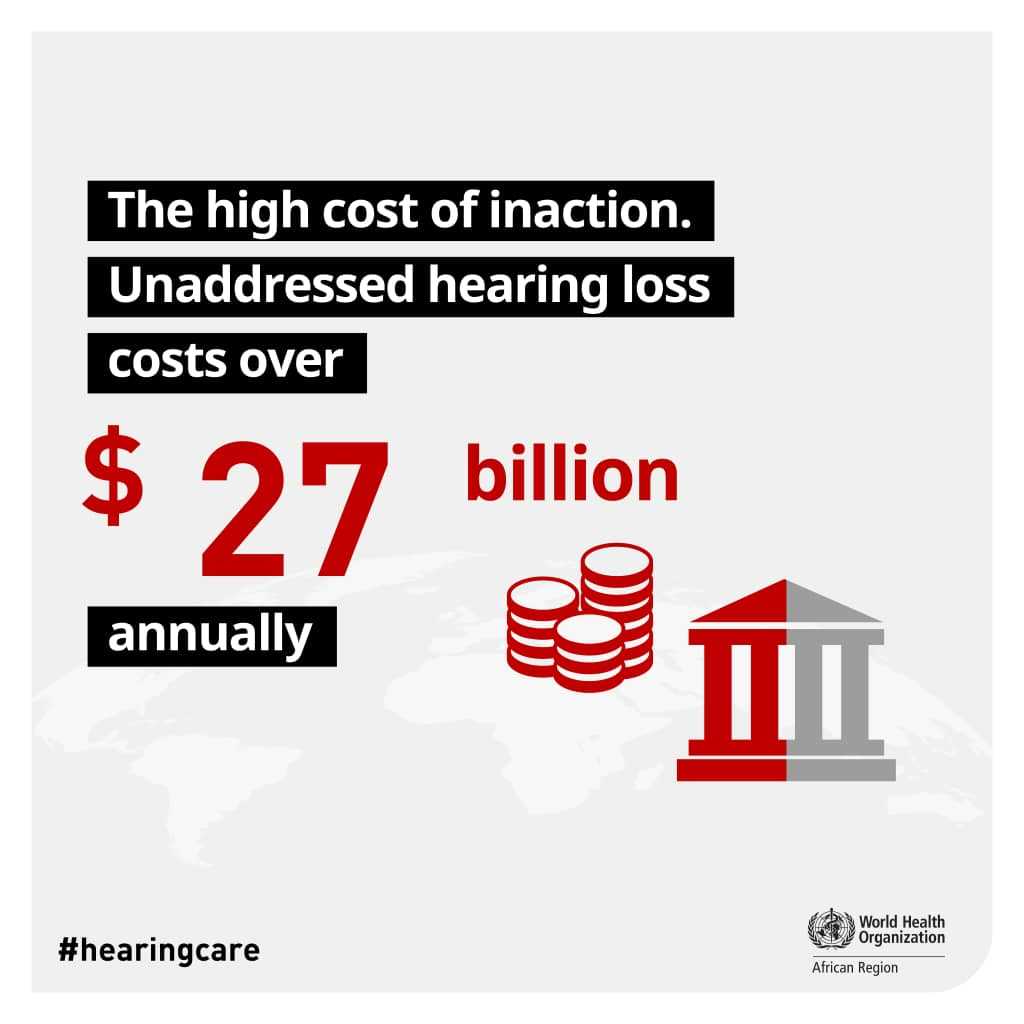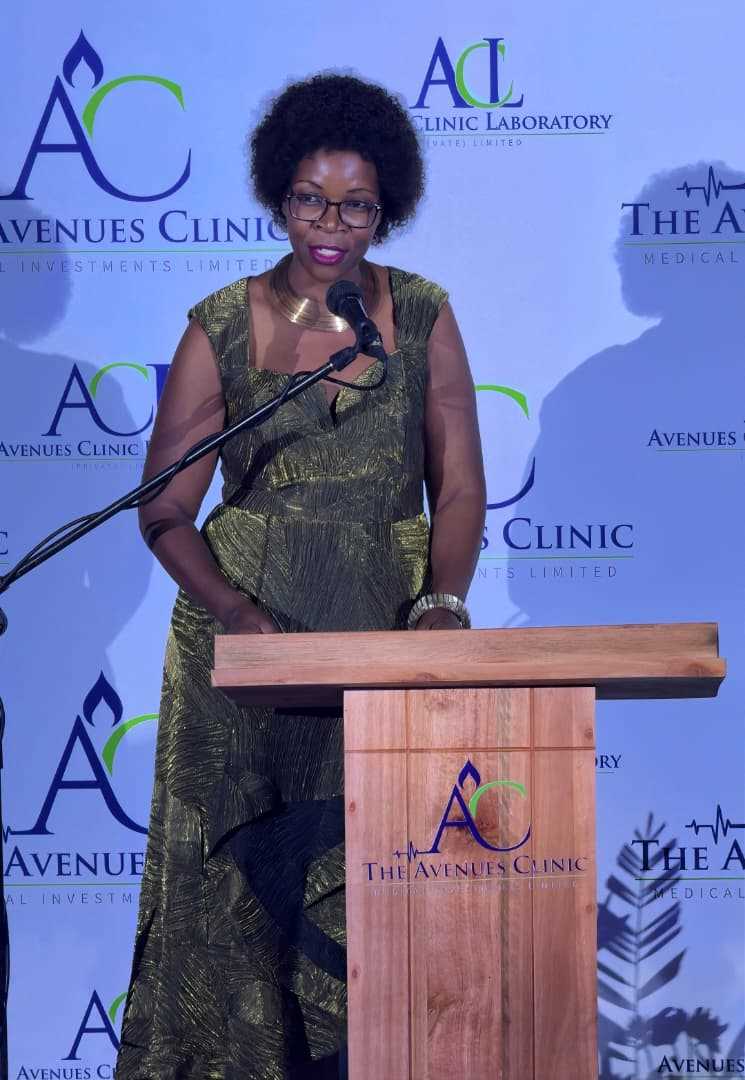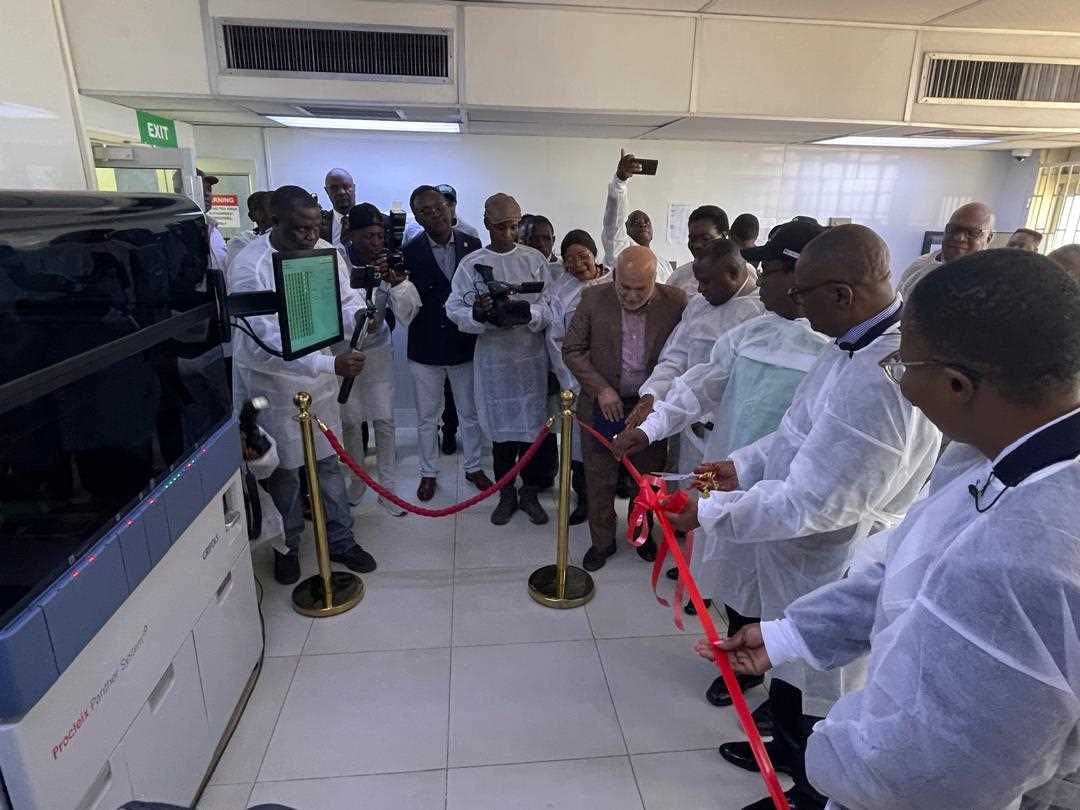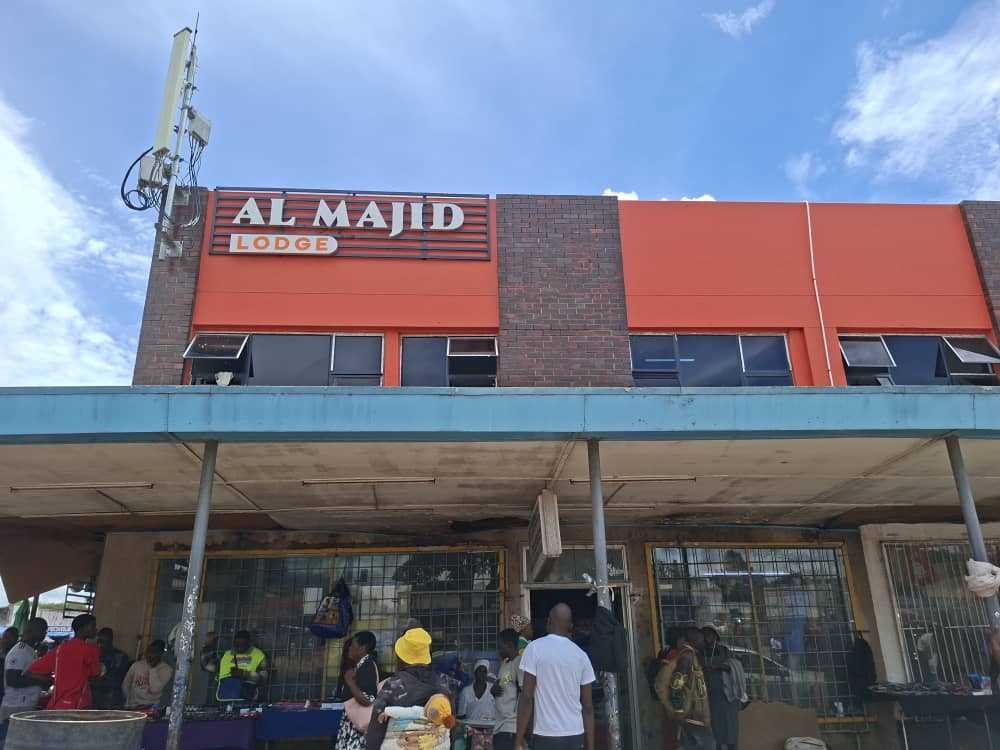
Rutendo Mazhindu
Zim Now Reporter
Hearing loss across Africa is causing an annual economic burden of US$27 billion, severely affecting both individuals and economies, according to a recent report unveiled at the African Summit on Hearing Impairment in Nairobi, Kenya.
The World Health Organisation has raised alarms over the growing issue, which disproportionately impacts impoverished and vulnerable populations, warning that the situation will worsen without urgent interventions.
In its statement, WHO highlighted the devastating effects of untreated hearing loss, particularly on children, where it leads to significant delays in language development and poor educational outcomes.
"Adults with untreated hearing impairments face heightened risks of social isolation, loneliness, and are more prone to depression and dementia," the statement added.
One of the most pressing concerns identified by WHO is the severe shortage of ear and hearing care specialists across Africa. Over 56% of African countries have just one ear, nose, and throat specialist per million people, a stark contrast to the 50 per million found in Europe.
Related Stories
Additionally, more than 75% of African countries have fewer than one audiologist or speech and language therapist per million people, leaving millions without access to essential care.
While approximately 33 million Africans could benefit from hearing aids, only 10% of those in need have access due to the high cost of treatment and insufficient funding for EHC services. Preventable causes of hearing loss, particularly among children, continue to drive this growing issue.
WHO estimates that up to 75% of hearing loss cases in low- and middle-income countries are linked to avoidable factors such as infections, common ear diseases, and complications during childbirth.
However, most countries in the region do not conduct routine hearing screenings for newborns.
Even in areas where EHC programs exist, they are often poorly integrated into broader health systems, including school health programs, workplace wellness initiatives, and healthy aging strategies. The report further reveals that 35% of African countries lack allocated budgets for EHC activities, forcing patients to bear the full cost of their treatment and care.
WHO is calling for urgent and comprehensive action to strengthen ear and hearing care services across Africa. The organisation stresses the need to improve access to treatment, integrate hearing care into national health policies, and allocate resources to EHC programs.
Without such measures, the social and economic toll of hearing loss will continue to escalate, further exacerbating healthcare inequalities across the continent.



















Leave Comments